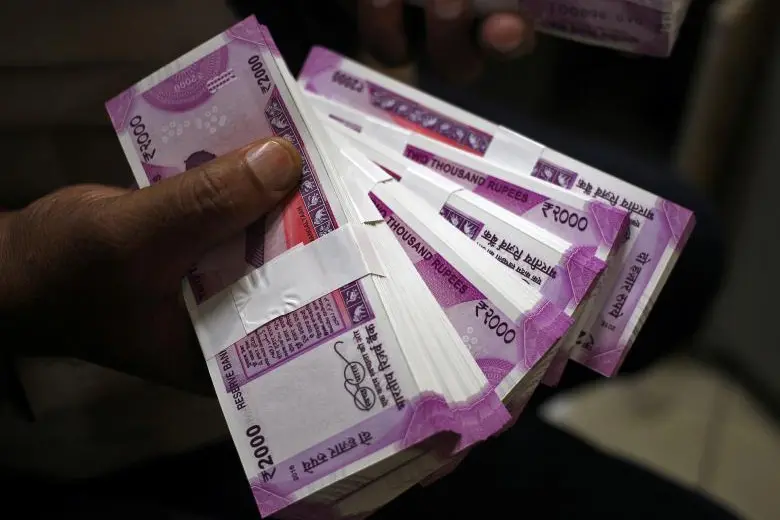PHOTO
MUMBAI - India's financial institutions keep finding fresh ways to screw up. Punjab National Bank, the country's second biggest state-controlled lender, has uncovered $1.8 billion of "fraudulent and unauthorised" transactions from a single branch in Mumbai. It is astonishing sum, equivalent to almost a third of its market value. The trouble could spread, too. It provides a fresh impetus to consider governance improvements across the industry.
In the first instance, the mysterious scam disclosed on Wednesday suggests serious problems with PNB’s risk controls. Though details are scant for now, it's especially galling considering the episode comes fresh on the heels of the pledge of an injection of funds by the government. The headline figure involved represents more than twice what New Delhi promised to the bank as part of a wider $32 billion plan to prop up the country's banks after an era of reckless lending.
The scam may have spilled over to rival lenders, too. PNB says "other banks appear to have advanced money to these customers abroad". In the meantime, it is also mixed up in further allegations. Federal agents have initiated an investigation into billionaire jeweler Nirav Modi, one of the country's richest men, over accusations that he and others defrauded PNB of $44 million.
Given the circumstances, it's hard to believe the bank could raise additional equity from the capital markets. Depending on the outcome of the fraudulent transactions and the money involved, it puts the burden squarely on India's taxpayers.
The only good that could come out of the affair would be some fresh consideration to implementing better practices. State lenders oversee about two-thirds of India's bank assets. Politicians interfere with appointments, meaning institutions have little control over who sits on their boards. This would be one area worth changing.
Chieftains also typically stay in the job for just three years, hardly long enough to preside over genuine change. They're paid a fraction of their private-sector counterparts. The lower ranks have little financial incentive to enhance performance. Authorities have talked about rewarding employees with stock options, but there has been no action so far. Alongside its recapitalisation, New Delhi promised governance upgrades. These can’t come soon enough.
CONTEXT NEWS
- India's Punjab National Bank said on Feb. 14 that it had detected "fraudulent and unauthorized" transactions worth about $1.8 billion at one of its branches in Mumbai.
- The country's second-largest state-controlled lender said other banks appear also to have advanced money to the same customers abroad. It did not provide any further details.
- By 11:30 a.m. (GMT 0600), shares of PNB were down around 7 percent to 150.25 rupees.
(Editing by Jeffrey Goldfarb and Katrina Hamlin)
© Reuters News 2018





















